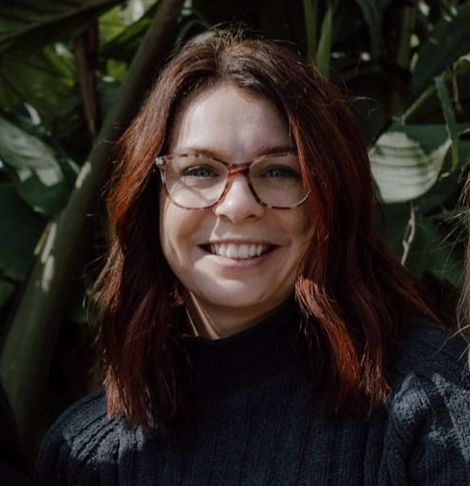
I am an Assistant Professor of History in the history department and Interim Director of the Lab for the Education and Advancement in Digital Research (LEADR) at Michigan State University. I am also a member of the DH@MSU core faculty.
I am a historian of early modern Scotland and the British Atlantic World. I hold a PhD from Central Michigan University in Transnational and Comparative history. I have also studied at the University of Strathclyde in Glasgow, where I received my BA and MRes degrees. I have benefitted from experiencing the connective tissue between the British and Atlantic worlds firsthand. The cultures and politics are uniquely knitted together in expected and unexpected ways. My research is informed by these close knit and sometimes disparate structures that exist within the Atlantic framework.
Broadly I study people and their relationship with governments, how individuals are conceptualized by administrations during warfare, and their relationship with the space around them. How we define people in conflict is a reflection of politics and political determinism in the period. While much of the theory in defining people during warfare is the purview of political science, the innovative nature of my research is that it uses political theory alongside the methodology of borderlands as pioneered in American Indian and early American studies and applying this to the late seventeenth century in Scotland. The nature of warfare is shaped by its human ideologies and culture. My ongoing book project explores the relationship of people, warfare, and their environment to explain why the newly installed regime relied on local knowledge of the environment to conduct warfare and that environment’s impact on policy itself. My research will show how the Irish Sea cannot be ignored as a significant factor in policy decisions of the late-seventeenth century conflicts.
My latest research has focused on prisoners of war, social networks, and warfare. I use social network analysis, prosopography, and data visualization to help explain policy-making processes during the Revolution (1688-90). You can find more of my research and contact details on my CV and on the contact page!
Media Appearances:

Jacobite Exhibition Introduction
Following an invited lecture at the University of Guelph’s Scottish Studies Center, I was invited to appear on the promotional video for the University Special Collections’ exhibit on sources for the study of Jacobitism.
